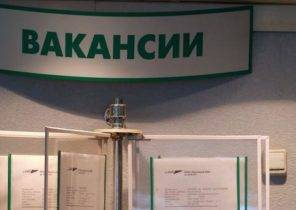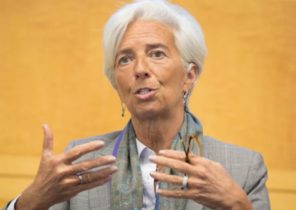
The Chairman of the people’s Republic of China XI Jinping did not skimp on words of praise about Switzerland. In an article written for the NZZ, he writes about it as about the country’s scientific and technological innovation, where the nature is amazing, the people industrious, and the economy is highly developed. XI Jinping, who arrives Sunday in Bern on an official state visit, there’s a good reason to go to the “charm offensive”. He wants to emphasize that the people’s Republic, which is considered rather as an aggressor than a partner, with respect to friendly countries. Proof for him is the free trade agreement with Switzerland, which entered into force in early July 2014. It remains the only agreement of this kind that China has signed and implemented with a European country.
In the Swiss business community is increasingly possible to hear the words that the free trade agreement facilitates the work with Chinese clients. Entrepreneurs say that the deals are made, which would hardly be possible. This is good, but still sounds and criticism. Recently the head of the concern — the manufacturer of investment goods in an interview with our newspaper noted that he can’t get rid of the impression that China is linked to the free trade agreement of the industrial-political plan.
According to him, the gradual reduction of duties during the period in excess of five years, corresponds exactly to the time that Chinese competitors is necessary in order to achieve the same [and Switzerland]. The corresponding performance improvement is clearly reflected in the recently adopted five-year plan of economic development. If this assessment is correct, then this concern must proceed from the fact that the equivalent of the Chinese products “challenge him” precisely when the fees will be at the lowest level.
Swiss firms can take comfort in knowing that they can count on China as the market — due to the high rate of economic growth and huge market size. However, conditions have now become significantly severe. Industrial policy, which cynically conducts country — not just resorting to the five-year plans, but also through favorable loans, subsidized energy and cheap raw materials — has a side effect in the form of recurring unhealthy periods of peak demand. Associated with this unpleasant experience have industrial concerns Rieter, Schindler and OC Oerlikon: first, they have benefited from large amounts of orders, and now faced with a steady decline.
The free trade agreement does not change anything in that business with China remains volatile and therefore risky. Switzerland did the right thing, refusing to state industrial policy, allowing companies to decide for themselves where and how they want to develop. Do not expect that the powers that be in Beijing have expressed admiration about this circumstance. But the Federal Council can quite happily point out that he connects with economic relations, and other expectations. One of them is, for example, that China no longer turn a blind eye to violations of patent rights. The outrageous restrictions that still apply to foreign buyers of Chinese companies. Low fees are not enough for partnership.







